
OR
WTO 13th Ministerial Conference ends without consensus on issues related to agriculture and fisheries
Published On: March 3, 2024 09:00 AM NPT By: Kosh Raj Koirala | @KoshRKoirala
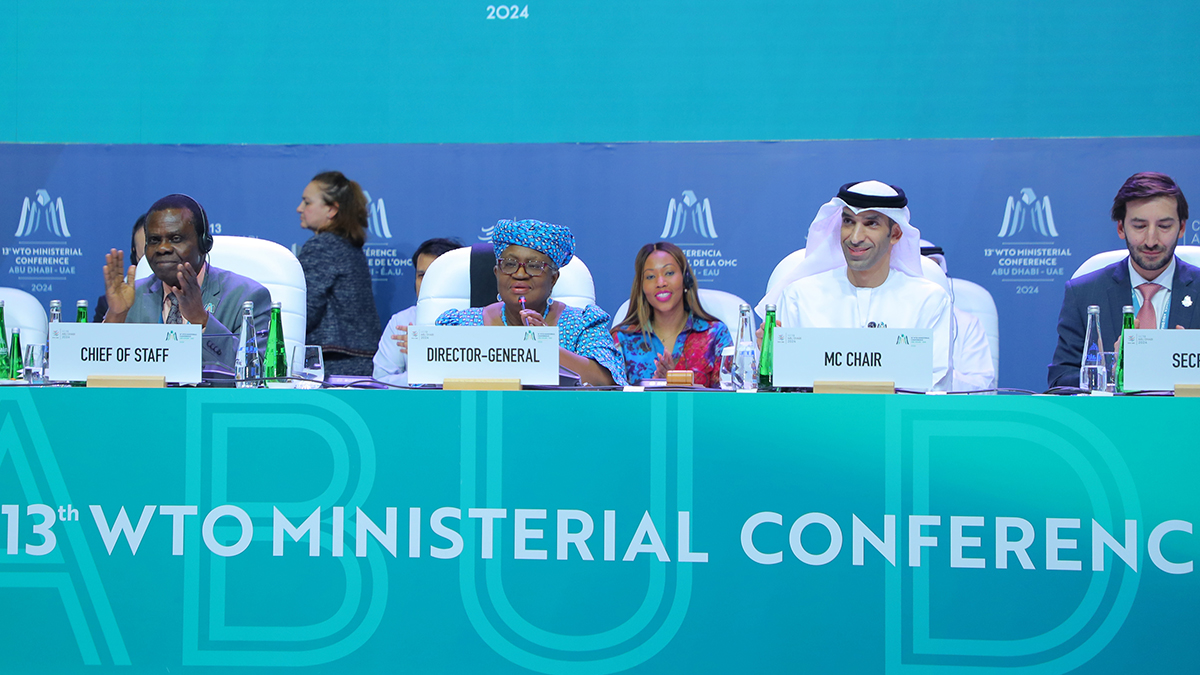
The MC13, however, makes significant decisions on dispute reforms and galvanizing support of member states to continue discussions to resolve the issues of their differences
ABU DHABI (UNITED ARAB EMIRATES), March 3: The 13th Ministerial Conference of the World Trade Organization (WTO) concluded late Friday night with significant decisions on dispute reforms and a renewed commitment from member states to continue ongoing discussions addressing the challenges faced by the world trade body.
The Ministerial Declaration, adopted at the end of the five-day Ministerial Conference, outlines a forward-looking reform agenda for the organization. Trade ministers from 164 WTO member states agreed to renew their commitment to establishing a fully functional dispute settlement system by 2024. Furthermore, they pledged to enhance the utilization of the special and differential treatment (S&DT) provisions, particularly for developing and least developed countries (LDCs).
Member states have committed to preserving and strengthening the multilateral trading system, with the WTO at its core, to effectively address current trade challenges. Growing concerns from Least Developed Countries (LDCs) have highlighted the need for a global trade regime that better benefits them.
In a significant development regarding dispute settlement reform, MC13 adopted the Ministerial Decision, acknowledging the progress made towards establishing a fully functional dispute settlement system accessible to all members by 2024. Trade Ministers have urged officials to expedite discussions, build on existing progress, and address unresolved issues. "Let’s continue to roll up our sleeves to advance this reform and deliver it by 2024," stated WTO Director-General Ngozi Okonjo-Iweala, expressing gratitude for the positive role played by member states.
Ministers also adopted a Ministerial Decision responding to a 23-year-old mandate to review special and differential treatment (S&DT) provisions for developing and least developed countries (LDCs), aiming to make them more precise, effective, and operational. DG Okonjo-Iweala emphasized that this decision is a victory for development, enabling developing countries, especially LDCs, to fulfill their WTO commitments and better integrate into global trade.
For the first time, ministers also engaged in discussions on how trade relates to pressing issues such as sustainable development and socioeconomic inclusion. DG Okonjo-Iweala underscored the role of trade and the WTO in empowering women, expanding opportunities for micro, small, and medium-sized enterprises (MSMEs), and achieving sustainable development in economic, social, and environmental dimensions, according to the WTO press note.
MC13 brought together nearly 4,000 ministers, senior trade officials, and other delegates from the WTO's 164 members and observers, along with representatives from civil society, business, and the global media. Initially scheduled for 26-29 February, the Conference was extended for a final push to reach outcomes on various issues.
The Ministerial Declaration adopted at the end of the five-day conference emphasizes the development dimension's centrality in the WTO's work, recognizing the role of the multilateral trading system in contributing to the UN 2030 Agenda and its Sustainable Development Goals. It also acknowledges the contribution of women's economic empowerment and their participation in trade to economic growth and sustainable development.
Members recognized the role and importance of services in the global economy, generating more than two-thirds of global economic output and accounting for over half of all jobs. They encouraged relevant WTO bodies to continue reviewing and building on lessons learned during the COVID-19 pandemic and to devise effective solutions for future pandemics promptly.
Earlier in the conference, ministers formally approved the WTO membership terms of Comoros and Timor-Leste, the first new members in almost eight years. Members also agreed on a Ministerial Decision outlining concrete measures to facilitate graduation from the category of least-developed countries. Additionally, ministers adopted a Ministerial Decision reaffirming the commitment to the Work Programme on Small Economies.
On electronic commerce, ministers adopted a Ministerial Decision instructing the General Council to hold periodic reviews on the E-commerce Work Programme. They agreed to maintain the current practice of not imposing customs duties on electronic transmissions until the 14th Session of the Ministerial Conference (MC14) or 31 March 2026, whichever is earlier. The moratorium and the Work Programme will expire on that date. Ministers also adopted a Ministerial Decision to extend the moratorium on non-violation and situation complaints regarding the Agreement on Trade-related Aspects of Intellectual Property Rights (TRIPS) until MC14.
Three environmental initiatives at the WTO, addressing plastics pollution, environmental sustainability, and fossil fuel subsidy reform, were presented by their co-sponsors during the Conference. On February 25, ministers representing 123 WTO members issued a Joint Ministerial Declaration marking the finalization of the Investment Facilitation for Development (IFD) Agreement, making it available to the public. Participants represented three-quarters of the WTO membership, including close to 90 developing economies and 26 least-developed economies.
‘No consensus on issues related to agriculture and fisheries’
Despite intense negotiations during MC13, no agreement was reached on issues related to agriculture. Divergences remained on public stockholding (PSH) for food security purposes and concerning timelines, expected outcomes, and the scope of flexibility for food imports by the most vulnerable countries from export restrictions.
The agreement could not be reached mainly because of India's objection to timelines for a permanent solution amid hectic parleys to reach an outcome at the 13th ministerial conference of the WTO. India has maintained that public stockholding should be allowed to ensure food security within the country.
A revised text of draft agreement on agriculture circulated on Friday afternoon offered two options: either adopting a permanent solution at the MC13 or members intensify negotiations at the committee of agriculture to arrive at a permanent solution for food security purposes available to all developing countries. But there was no consensus among the member states on the issue till the end.
Momentum behind the Fisheries Subsidies Agreement continued to grow, with South Africa presenting its instrument of acceptance to DG Okonjo-Iweala just before the Conference's close. Ten WTO members deposited their instruments of acceptance for the Fisheries Agreement, bringing the total to 71, and putting the historic agreement for ocean sustainability on track for entry into force at a record pace.
DG Okonjo-Iweala expressed gratitude for members' efforts in seeking convergence on challenging issues, especially given the global backdrop marked by economic and geopolitical uncertainty. She highlighted the progress made during the week, acknowledging both milestone achievements and groundwork laid for future developments.
MC13 also saw the entry into force of new disciplines on services domestic regulation, expected to lower global trade costs by over USD 125 billion. Supported by 72 WTO members, this initiative aims to facilitate services trade by streamlining and simplifying regulatory procedures, including a commitment to ensuring non-discrimination between men and women when obtaining permits to supply services.
You May Like This

Nepal needs to present its achievements before global community-Gyawali
NEW YORK, Sept 24: Minister for Foreign Affairs Pradeep Kumar Gyawali said the United Nations General Assembly's 73rd Session would... Read More...
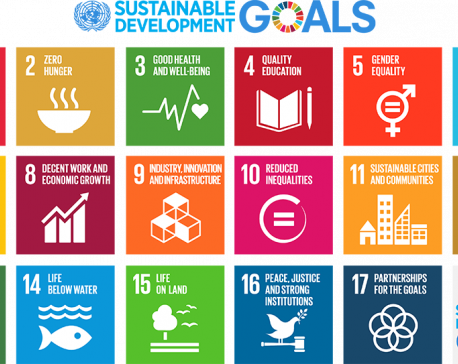
Nepal is likely to fall behind achieving the targets set in the SDGs in stipulated time
KATHMANDU, Aug 17: Nepal seems to fall behind in achieving the targets set for the Sustainable Development Goals (SDGs), mainly... Read More...
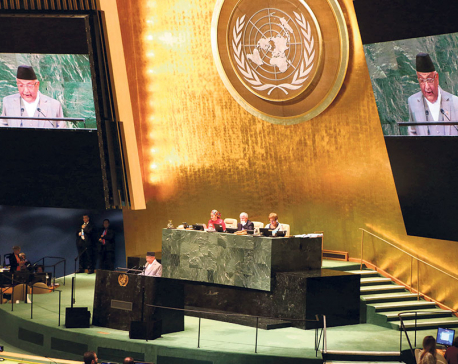
Nepal’s peace process an inspiration for many: PM Oli
KATHMANDU, Sept 29: Prime Minister KP Oli has said that the conflict transformation in Nepal could be an inspiring success story... Read More...
Just In
- Poll time, prison time: On the continued incarceration of the Delhi Chief Minister
- Finance ministry approves SEBON’s proposal to reduce stockbrokers’ commissions
- Embassy of Nepal in Islamabad urges Nepalis not to go to Kyrgyzstan illegally for foreign employment
- Nepal’s labor exodus drives Indian laborers to fill gaps in domestic factories
- India's BJP extends invitation to Nepal's key parties, including PM Dahal's, to observe Indian election campaign
- NSO estimates Nepal’s per capita income at US $ 1,456
- RSP calls Central Committee and Secretariat meeting
- Narayanghat-Butwal road reports 50 percent progress in over five years




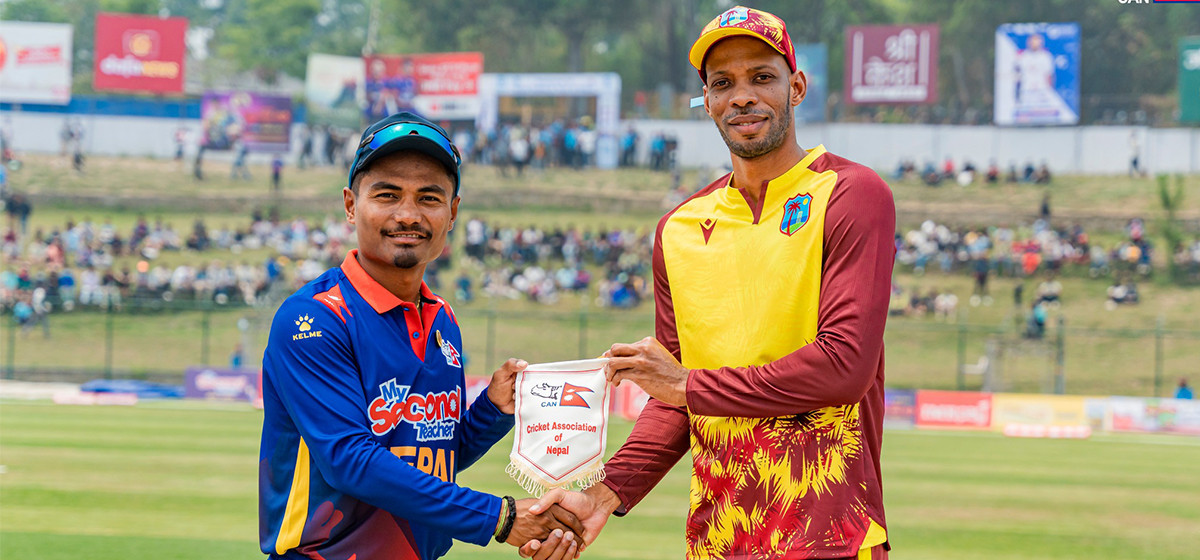
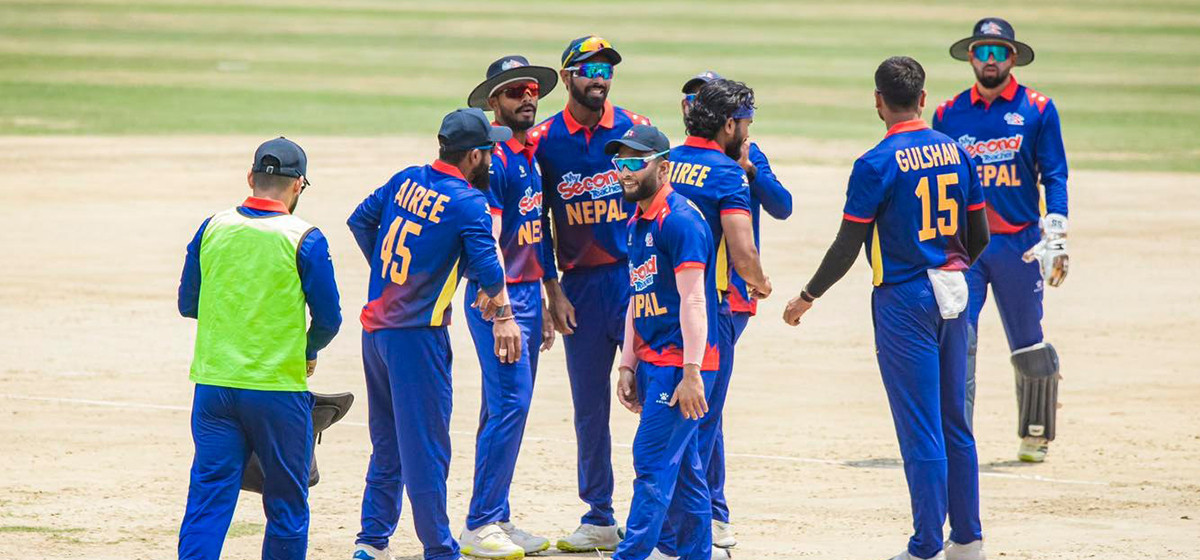

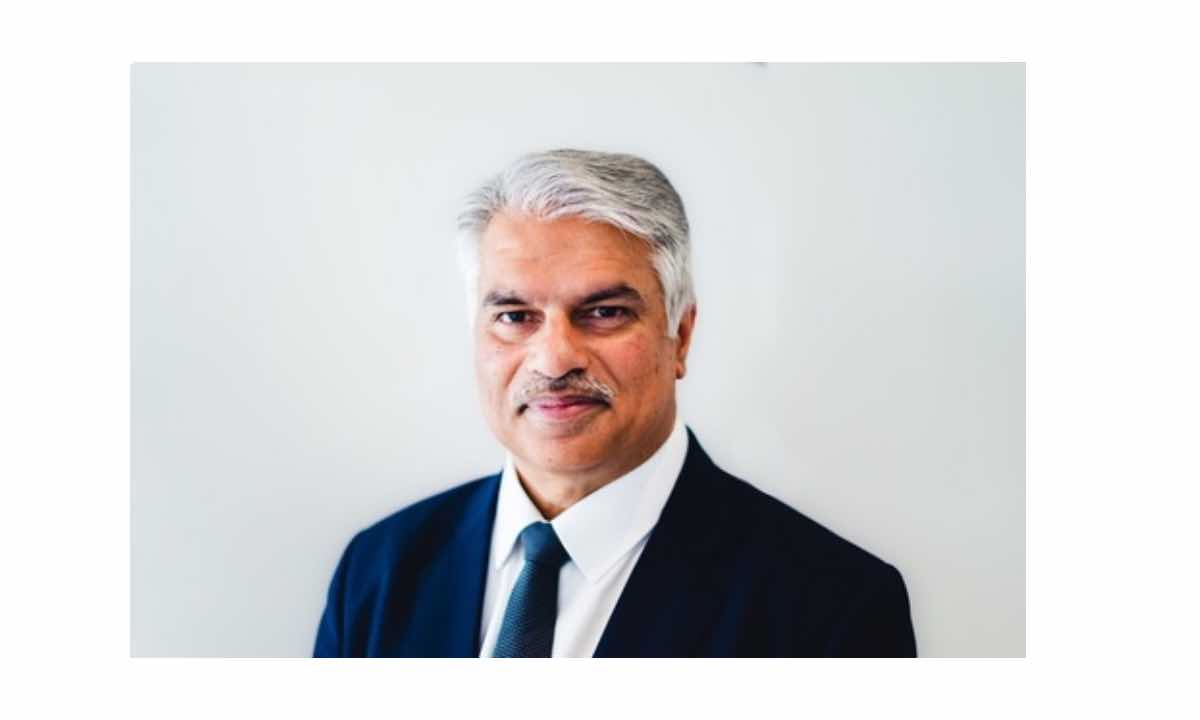

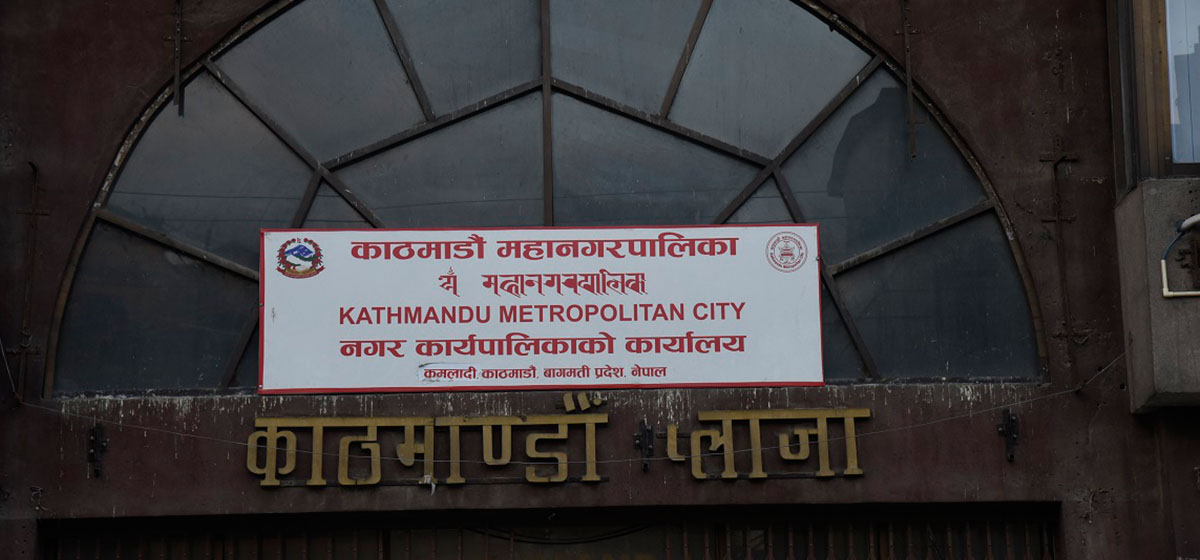
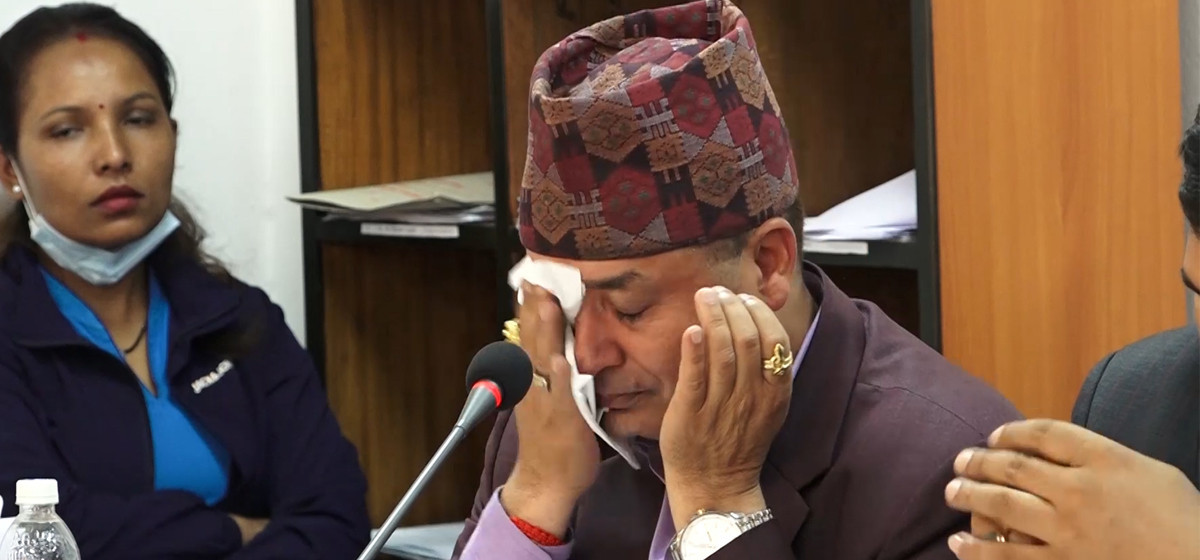
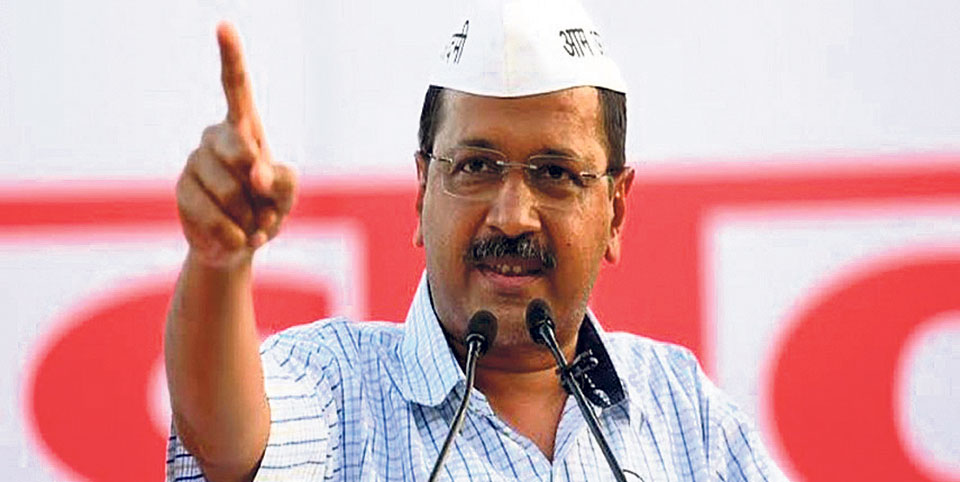
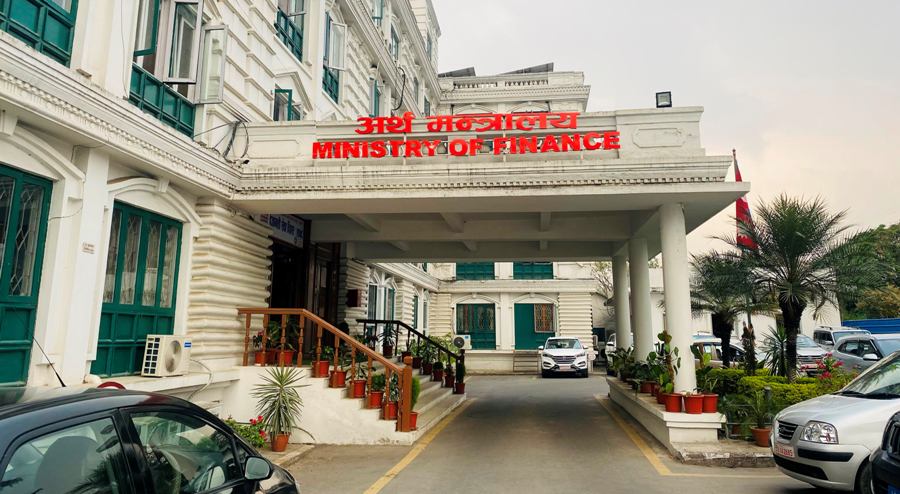
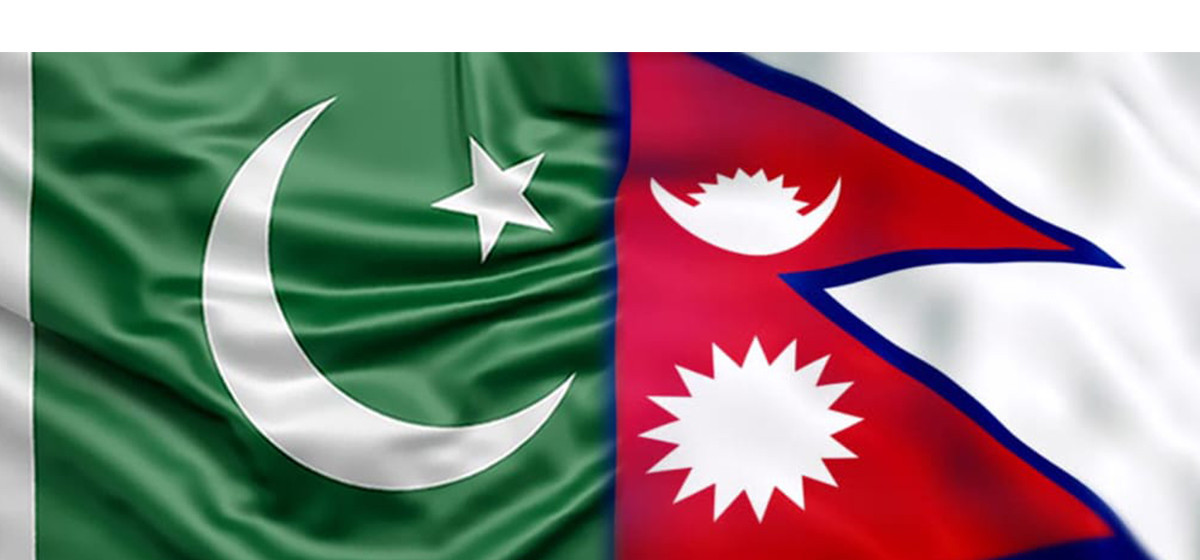
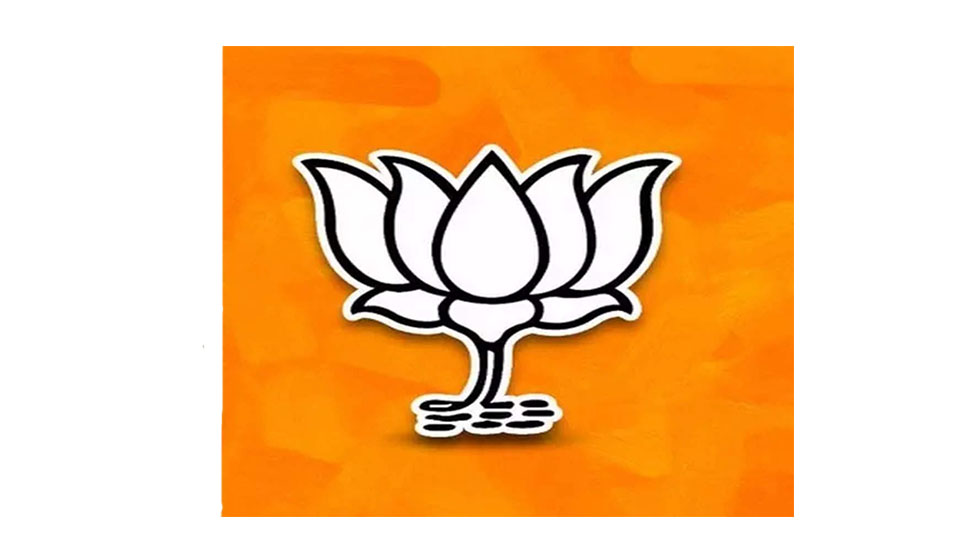
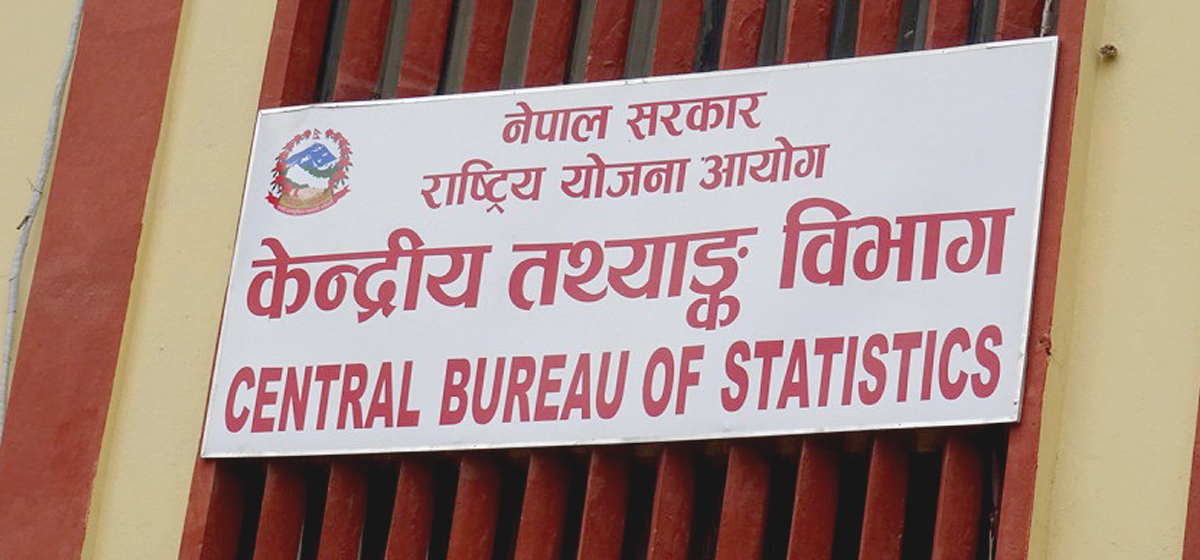
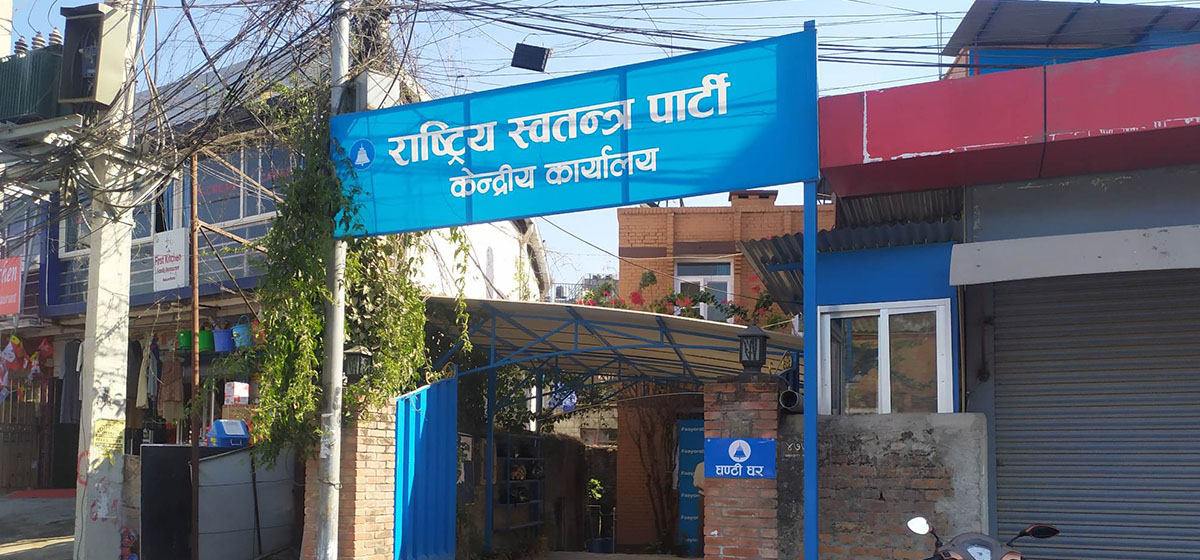
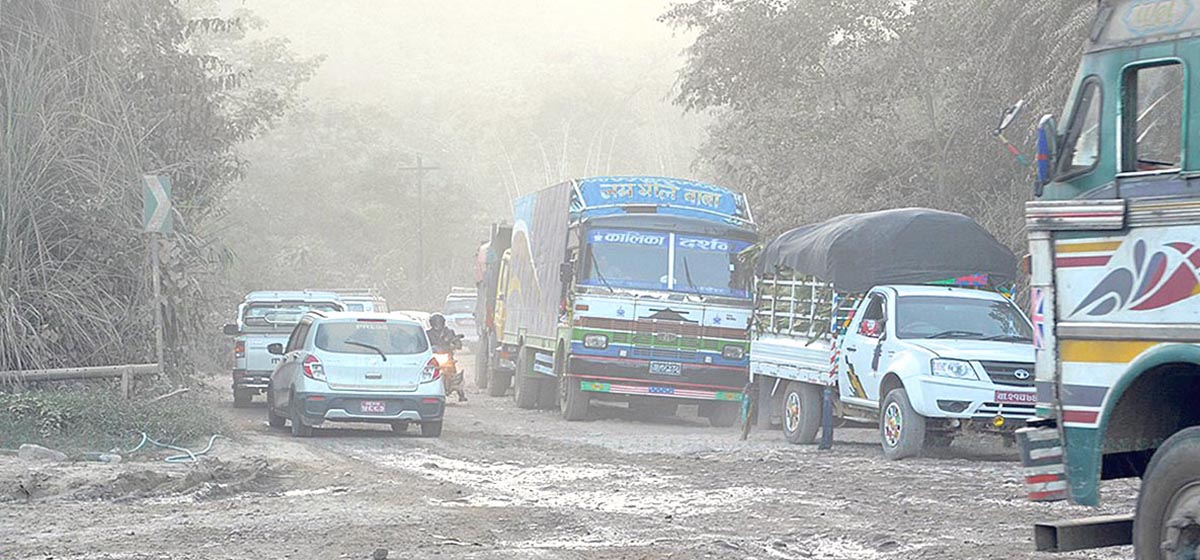
Leave A Comment